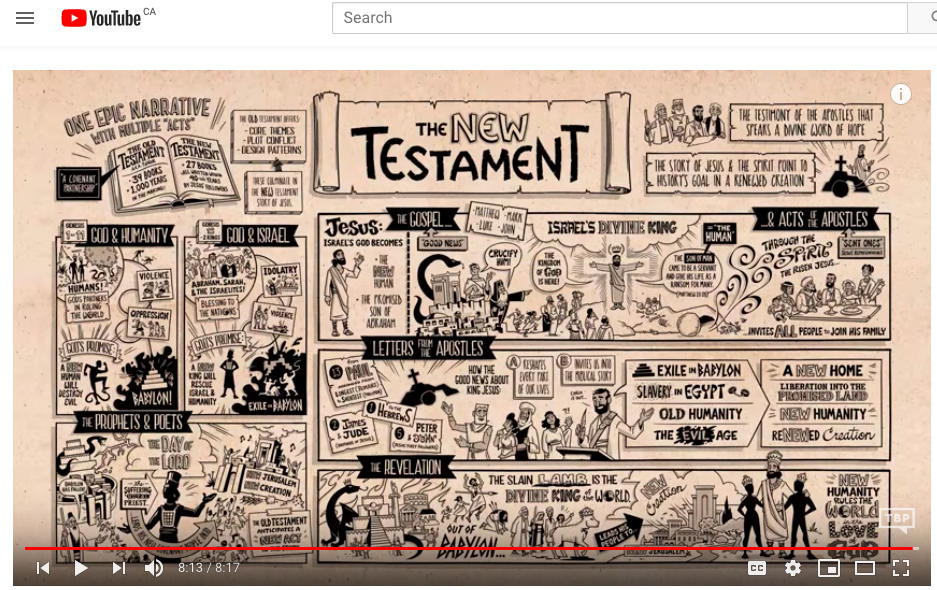This is a sermon I preached in Founders’ Chapel at Wycliffe College, University of Toronto; Wycliffe students regularly preach on Tuesdays at Morning Prayer and occasionally on Thursdays at Evening Prayer.
This sermon is addressed to those who regularly attend Morning Prayer, but I hope you can also life-giving. For those who testify and bear witness to Christ:
Audio:
Readings from: Acts 23:12–24 | Psalm 121, 122, 123 | Micah 1:1–9
I lift up my eyes to the hills—
from where will my help come?
My help comes from the Lord,
who made heaven and earth. (Psalm 121:1–2)
Last week Tuesday, and two chapters earlier (Acts 21), we heard about Agabus’ warning to Paul in Caesarea:
Thus says the Holy Spirit: The Jews in Jerusalem will bind you Paul: your hands and feet, and hand you over to the Gentiles.
Paul response is courageous:
“I am ready not only to be bound, but even to die in Jerusalem for the name of the Lord Jesus.”
Where do we find Paul in today’s reading?
After the mob in Jerusalem attentively listens to his every word…
After they raise their voices and shout for Paul’s death…
Sure enough, hands and feet, Paul is bound in the Roman barracks.
This morning, I want us to pay attention to verse eleven of chapter twenty-three:
“That night the Lord stood near him and said, ‘Keep up your courage! (Or “Be of good cheer!”) For just as you have testified for me in Jerusalem, so you must bear witness also in Rome.’”
I want us to think and pray about what these words mean for us. We aren’t in the Roman barracks in Jerusalem—we’re in Founder’s Chapel at Wycliffe College. We are seminarians, theologians, teachers, and servants of Christ.
What does it mean when we know that Christ is standing at our side and saying: “Be of good cheer, have courage, you have testified for me, and I have more people and places for you to be my witness”?
—————————
Paul’s question to the centurion: “Is it legal for you to flog a Roman citizen who is uncondemned?” get’s those soldiers and the Roman tribune in a bind of their own (pun intended).
Being bound in Jerusalem works to Paul’s advantage.
Paul is safe from the angry Jewish crowds that want to murder him. Paul has his Roman protectors back-pedalling, now that they are aware of his Roman citizenship. Huge kudos to Paul’s nephew, who reveals to the Roman tribune the plot of the pact-makers that wish to murder Paul. The Tribune, who does not want a Roman citizen murdered by a Jewish mob under his watch, gives Paul safe passage to Caesarea and governor Felix.
Paul has been bound by Roman soldiers before. We read in Acts 16 about the authorities apologizing to Paul and being afraid after finding out about his citizenship. Was Paul HOPING for this to happen again? Did Paul have a smirk on his face or, even, have hope when Agabus prophesied of Paul’s chains? We now hear the words of the Holy Spirit not as a prophetic warning, as something to avoid, but as a prophecy to be fulfilled—for God’s will to be done in Paul.
As one chosen to bring the name of Jesus before Gentiles, Kings, and the people of Israel, Paul knows this prophecy is now fulfilled. However, I really don’t think that Paul was saying to himself: “Yes! Sitting enchained in Roman barracks is how I’m going to witness and testify Jesus before Gentiles and Kings.”
But I do think it is possible that Paul was saying the words of Psalm 121: “I lift up my eyes to the hills—from where will my help come? My help comes from the Lord.”
The Lord stands with Paul in those barracks: Keep up your courage! Have good cheer! You must also bear witness in Rome.
—————————
Those in professor Paulsen’s evangelism course this term are required to do a bible study project with someone they know that isn’t a Christian. Each student will be reading and talking through three different encounters that Jesus had with people. At first, I had some fear about this; the friend whom agreed to do this project with me is someone I still want to be friends with… but as I prayed about it, I heard Christ say to me:
“I am so ready to bring my love and my joy into their life. What part of me are you afraid to proclaim? Get rid of that fear.”
God is present with Paul. Regardless of uncertainty, suffering, corrupt or virtuous authorities, even plots of death, God is working his will through his willing servant.
And so, in hearing this morning’s text, may we—as a people who testify and bear witness to Christ—know that our help comes from the Lord.
Christ stands with us, encouraging us, saying: “Be joyful and filled with courage. I have more for you: more people and places to bear witness and testify.”



 As the 2017-18 Senior Student at Wycliffe College, I had the privilege of giving the sermon at the final Eucharist service of the school year. I thought I would share the message for those who weren’t able to make it 🙂
As the 2017-18 Senior Student at Wycliffe College, I had the privilege of giving the sermon at the final Eucharist service of the school year. I thought I would share the message for those who weren’t able to make it 🙂
